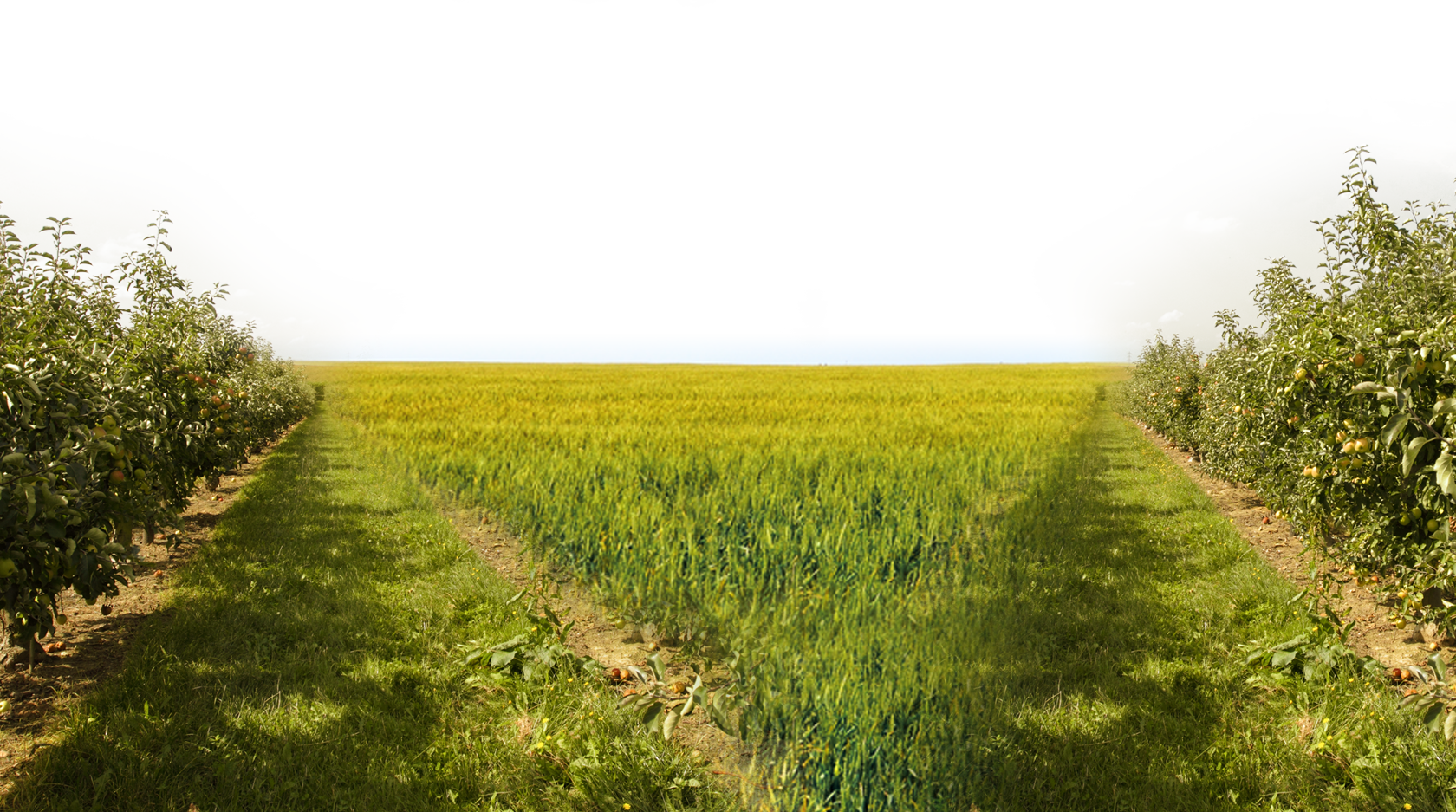
Let’s Help More Shoppers Benefit from the Benefits of Organic
By Dave Carter | 0 Comments | Posted 06/21/2014
One of the major debating points between proponents and critics of organic agriculture is whether eating certified organic food reduces exposure to pesticides.
The critics argue that the Food and Drug Administration food handling requirements, and the food industry’s operating procedures, assure that food in the retail store doesn’t contain pesticide residues.
“Not so fast,” said Dr. Chuck Benbrook, lead author of a 2012 study that measured the relative pesticide residues in conventional and organic foods. While all fruits and vegetables contain some traces of these chemicals, certified organic produce was found to contain much lower levels.
Now, another study seems to back Benbrook’s research.
A study published last month in the Journal of Environmental Research found that participants who ate a diet that was at least 80 percent organic had 89 percent lower levels of non-selective organophosphate metabolites (big words that mean chemical pesticides) in their urine. And, the difference was noted only one week after eating an organic diet.
So, here’s the question I ask: “If eating organic food is an important step in reducing the exposure of adults and children to harmful pesticides, shouldn’t everyone get involved in the movement to make organic food more accessible and affordable for all adults and children?”
I’m just sayin’…


 Contact us
Contact us



























